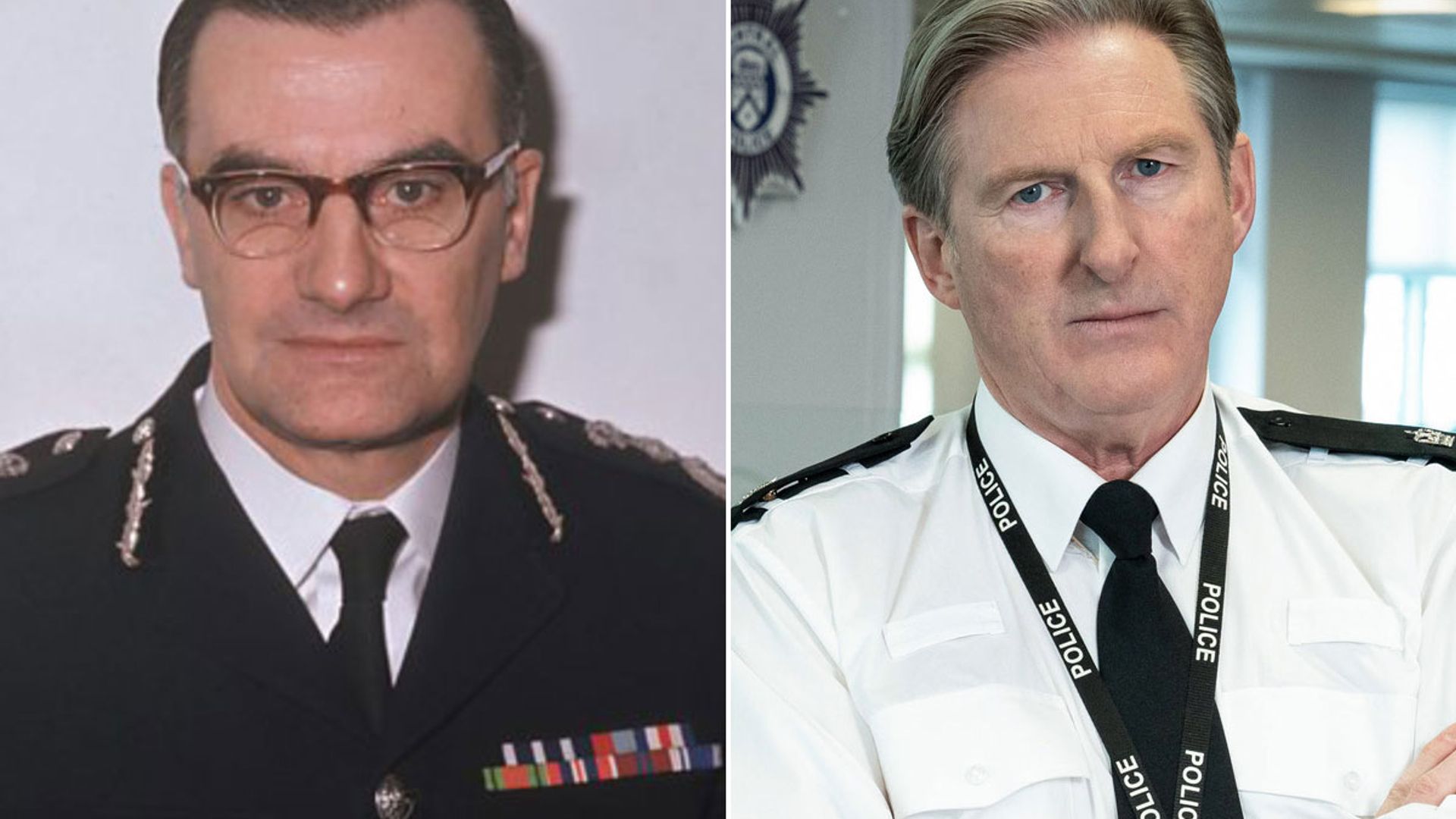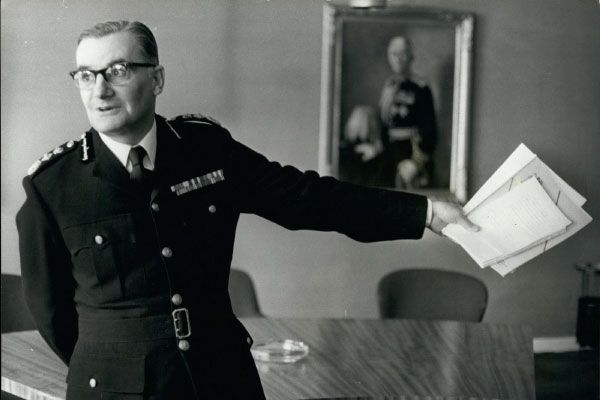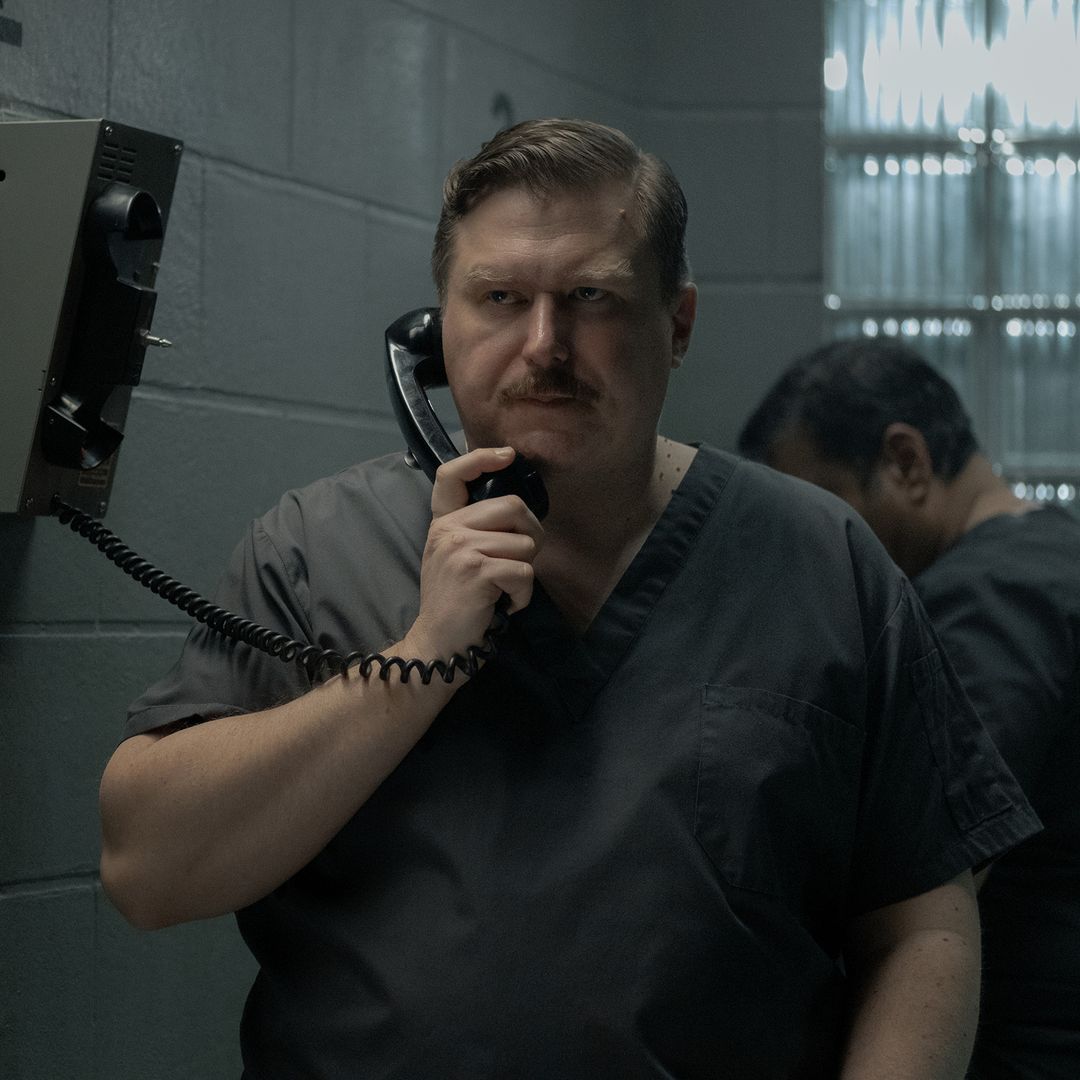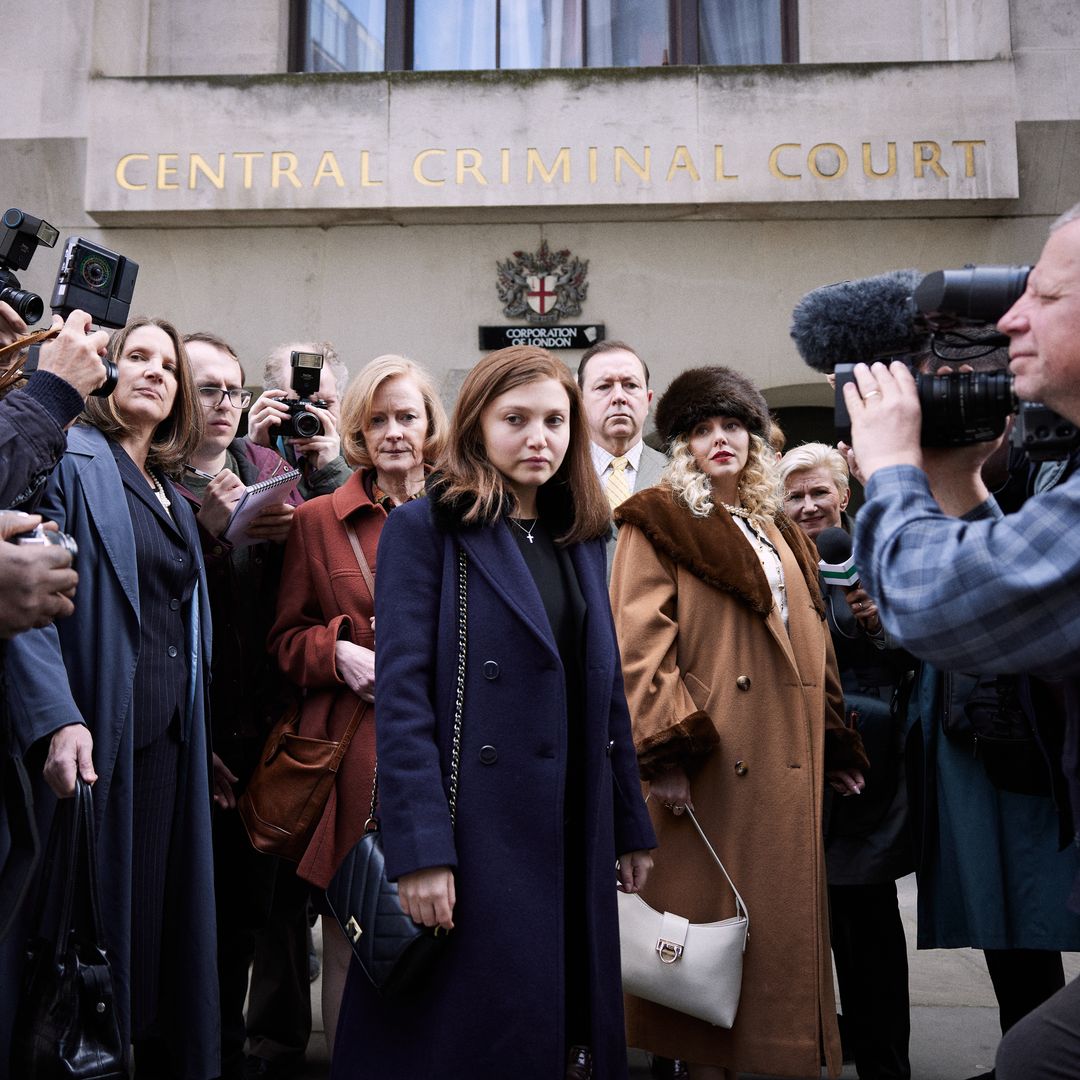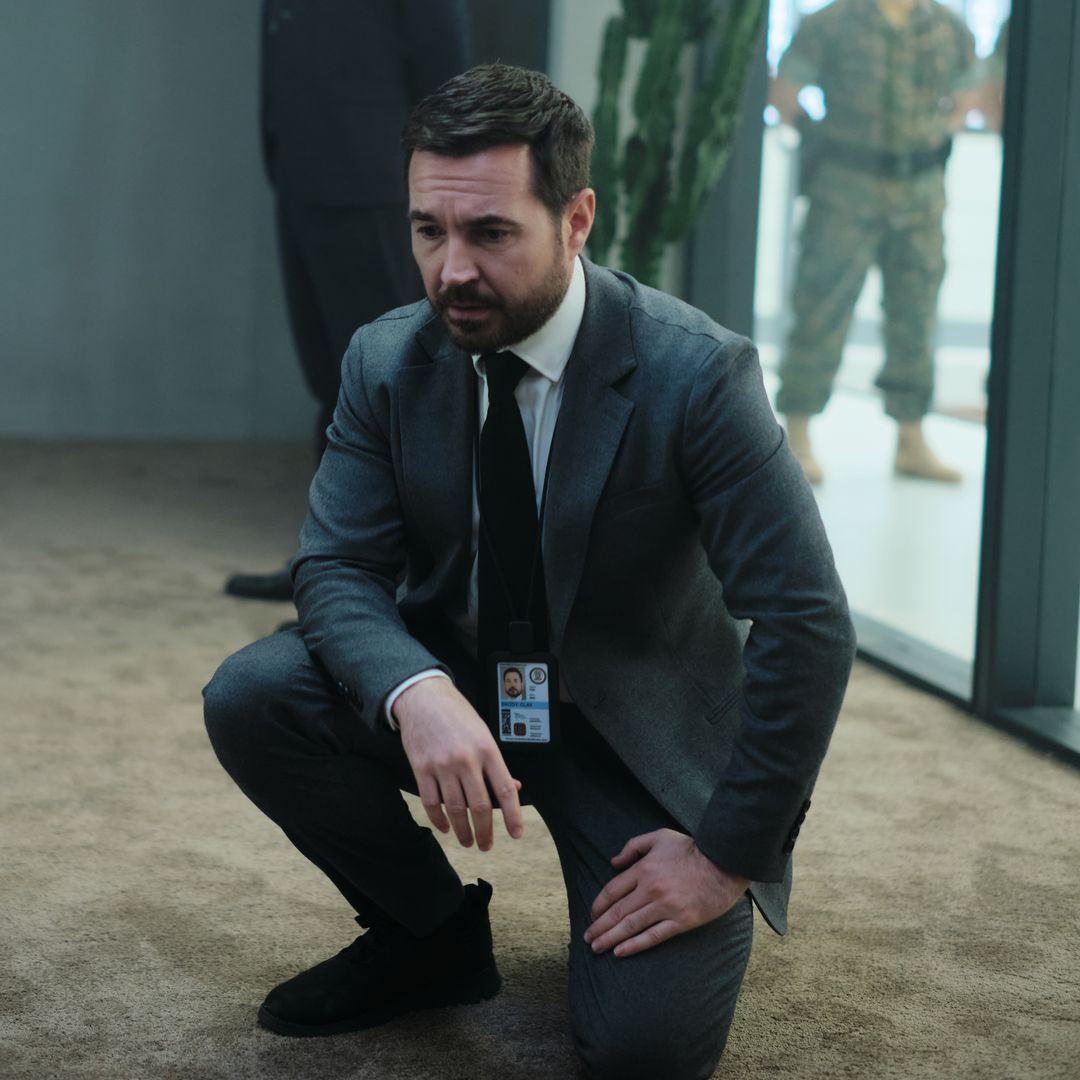BBC Two's Bent Coppers: Crossing the Line of Duty is set to conclude on Wednesday night, with the final episode looking into the UK's first anti-corruption unit's biggest cases.
MORE: Bent Coppers: Crossing the Line of Duty: the story that inspired BBC drama
Viewers have been loving the three-part docuseries, but many have been left wondering if Sir Robert Mark inspired Line of Duty's own gaffer. We did some investigating...
WATCH: HELLO! Insider breaks down episode six of Line of Duty
Just like the fictional Superintendent Ted Hastings, former police officer Robert made it his mission to rid the force of bent coppers. Originally stationed at Leicester City Police station, he worked as a Chief Constable for twenty years before he was appointed Metropolitan Police Commissioner in the early 1970s.
MORE: Line of Duty viewers spot potential hint DS Chris Lomax is bent copper
MORE: 6 questions we need answering in Line of Duty series six finale
Just days into the role, he set up Britain's first specialist anti-corruption police unit, A-10. Like Line of Duty's own AC-12, the new department put fear into the heart of corrupt detectives. Sir Robert even had his own Ted-like mantra. "A good police force is one that catches more crooks than it employs," he was known to say.
Sir Robert Mark headed up the UK's first anti-corruption unit
The team at A-10 worked tirelessly to investigate allegations against other police officers, but their single biggest inquiry was into senior commanders of the Met's Obscene Publications Squad - known as the Dirty Squad - who were accused of taking bribes from powerful pornography barons. Their successful investigation resulted in 18 officers being sentenced to more than 100 years imprisonment.
MORE: 9 true-crime shows to get obsessed with in 2021
But this was just one of the unit's investigations; under Sir Robert's leadership, A-10 managed to flush out nearly 500 police officers, who were either prosecuted, dismissed or forced to resign. Unsurprisingly, Sir Robert's extraordinary battle against his own detectives made him a hero for some and a pariah to others.
He was knighted in 1973 and retired from the force in 1977 before passing away at the age of 93 in 2010. In a statement from Sir Paul Stephenson, the Met Police Commissioner at the time, he was remembered as: "a man of the highest integrity and remains a role model to police officers".
Like this story? Sign up to our newsletter to get other stories like this delivered straight to your inbox.
